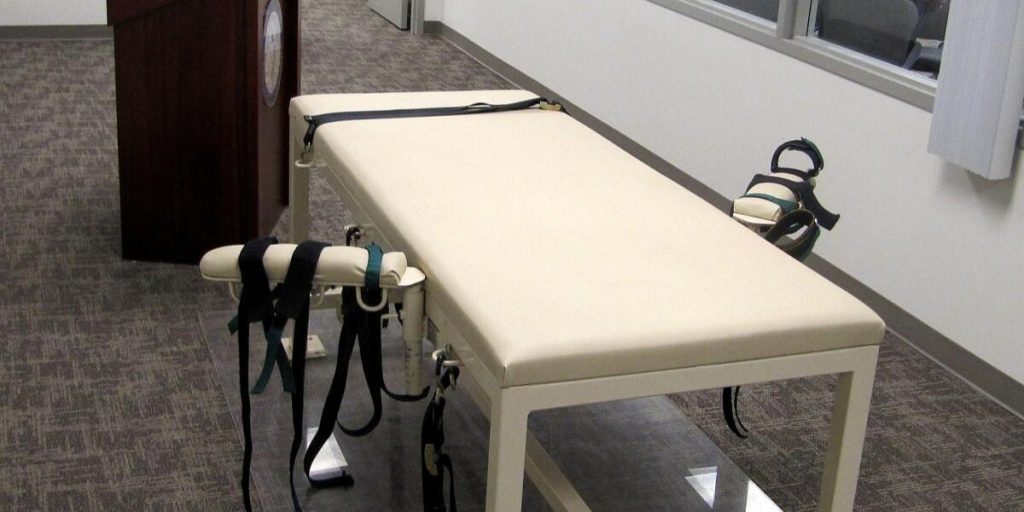An Idaho man due to be executed at the end of the month has asked a federal judge to halt his lethal injection and seek a new clemency hearing after the previous one ended in a tie vote.
Thomas Eugene Creech is Idaho’s longest-serving death row inmate. He was already in prison after being convicted of killing two people in Valley County in 1974 when he was sentenced to death in 1981 for beating a fellow inmate to death with a sock full of batteries.
Last month, the state parole board decided 3-3 to alter Creech’s sentence to life without parole after one of its members recused himself from the case. According to state regulations, a majority of the board must vote in favor of clemency before the recommendation is transmitted to the governor.

But even that is not a guarantee: the state still empowers the governor to overturn clemency recommendations, and Gov. Brad Little stated last week that he had “zero intention of taking any action that would halt or delay Creech’s execution.”
“Thomas Creech is a convicted serial killer responsible for acts of extreme violence,” Little said in a statement, later adding that “his lawful and just sentence must be carried out as ordered by the court.” “Justice has been delayed long enough.”
During the clemency hearing, Ada County deputy prosecutor Jill Longhurst described Creech as a sociopath who has no regard for human life. She cited his lengthy criminal record, which includes murder convictions in Oregon and California. Prosecutors dropped yet another murder indictment in Oregon because he had previously received four life sentences.
Creech has occasionally claimed to have slain several others.
“The facts underlying this case could not be more chilling,” he said. In a 1993 ruling, Justice Sandra Day O’Connor of the United States Supreme Court upheld an Idaho rule governing when defendants can be condemned to death. Creech appealed his sentence, claiming that the provision was unconstitutionally vague.
“Thomas Creech has admitted to killing or participating in the killing of at least 26 people,” O’Connor went on to say. “The bodies of 11 of his victims — who were shot, stabbed, beaten, or strangled to death — have been recovered in seven states.”
Creech’s defense counsel argue that the number of homicides linked to him is greatly inflated, and that Creech, 73, has evolved during his decades in prison.
Creech has had a beneficial influence on younger offenders and lasted 28 years without a disciplinary offense before getting written up once in 2022 for a “misunderstanding over a card game,” according to his clemency hearing lawyer, Jonah Horwitz of the Idaho Federal Defenders Office.
Creech has received support for his commutation request from seemingly unusual sources, including a former prison nurse, a former prosecutor, and the judge who sentenced him to death.
Last year, Judge Robert Newhouse informed a clemency board that killing Creech would serve no purpose after 40 years on death row. Doing so now would be an act of vengeance, he claimed in a petition.
Creech’s defense counsel argue in their federal appeal for a new clemency hearing that having one board member absent from the decision unfairly disadvantages their client. Normally, an offender would need to convince a simple majority of the board to recommend clemency, but with one person missing, that number increased to two-thirds, according to his counsel.
They argued that another board member should have stood down to avoid a tie vote, or that someone else should have been chosen to fill the seventh seat.
Creech also has two more appeals ongoing before the Idaho Supreme Court, as well as another case appealed to the Ninth Circuit Court of Appeals.